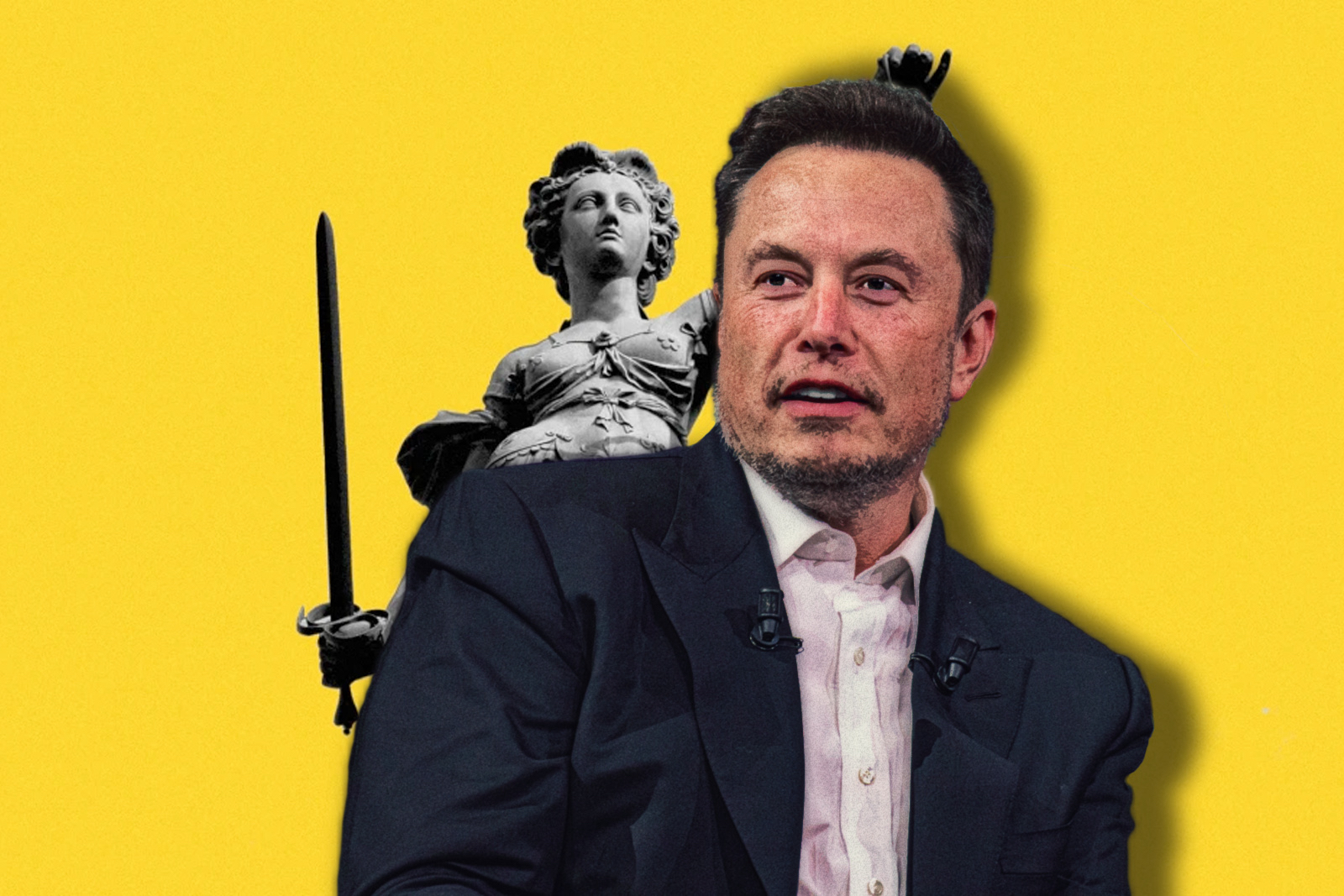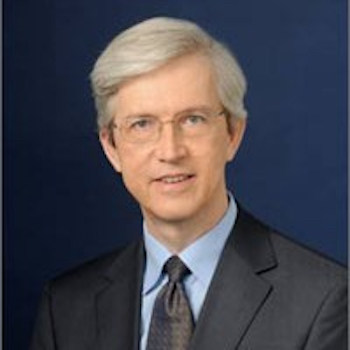
Tech
How Musk’s Tesla Mucks Up the Legal System to Keep Us in the Dark
In 2019, Micah Lee’s Tesla swerved off a California freeway, barreled into a tree at 65 mph, and burst into flames, killing him. His fiancé and her then-8-year-old son were left with serious injuries. Last month marked the first time that Tesla has faced a U.S. trial over its self-driving software causing a fatality.
The trial became the latest example of the legal wrangling that Tesla employs to defend its self-driving software and keep information about fatal crashes such as Lee’s under wraps.
At the trial, Tesla asked that the testimony of one of its engineers, Eloy Rubio Blanco, be kept private, citing trade secrets. After the judge threw out the request, Blanco admitted Tesla self-driving’s “series of limitations,” including inaccurate object detection causing sudden deceleration. Blanco continued, saying that the software’s automatic braking system would also be unable to stop a crash in certain cases.
Blanco’s statements are shocking enough, however, Tesla’s attempt to prevent the publication of his testimony points to the lengths the automaker goes to in order to stop the disclosure of information about crashes involving its self-driving software.
Elon Musk places great importance on litigation as both Tesla’s first line of defense and first point of attack. Last year, he unveiled Tesla’s “hardcore litigation department,” reporting directly to him, which he said would “directly initiate & execute lawsuits.” Making comments unheard of for a Fortune 500 CEO, Musk eschewed “white shoe” firms in favor of “hardcore streetfighters” when seeking attorneys to staff this department, vowing that “there will be blood.” Such direct and public legal aggression is rarely seen in major corporations and speaks volumes about Musk’s reliance on litigation to crush anyone who might challenge Tesla. The “streetfighters” get their hands bloody frequently – recently Tesla successfully escaped a major class action lawsuit over its self-driving software that had been brought by a group of Tesla owners.
That lawsuit, which centered around the undelivered promises Musk has made since 2014 that Tesla is on the verge of solving fully autonomous driving, fell victim to Tesla’s forced arbitration policy, which stipulates that all disputes must go to arbitration, rather than a public court. This policy is written into the contract of every vehicle that Tesla sells, “including claims related to statements about our products.” Individual claims are swiftly resolved by Musk’s streetfighting lawyers, either through settlements or via the threat of crushing litigation from the trillion-dollar company.
Tesla’s other legal defenses border on the absurd. A lawsuit filed by the family of Silicon Valley software engineer Walter Huang, killed in 2018 when his Model X operating on Autopilot mode slammed into a freeway median, mentioned Musk’s false promises about the capabilities of Tesla’s self-driving technology as having caused Huang to overtrust Autopilot. Huang’s lawyers submitted Musk’s own words as evidence: “I really would consider autonomous driving to be basically a solved problem,” Musk was quoted during an interview at a conference in 2016. “A Model S and Model X at this point can drive autonomously with greater safety than a person, right now.” Tesla’s perplexing reaction was to suggest that Musk’s comments, made live in front of a studio audience, might have been “deepfakes.” While obviously an absurd claim, the deepfake defense points to the lengths to which Tesla legally goes to protect Musk and Tesla’s self-driving software.
Murky legal strategies underpin Tesla’s crusade against any criticism of its self-driving software. The automaker refuses to publish raw crash data involving its self-driving systems, instead presenting carefully curated statistics based solely on self-reported data at investor days, such as a March claim that Tesla’s self-driving software is eight times safer than a human driver. Statistics from the Department of Transportation are more sobering – the National Highway Traffic Safety Administration has recorded 939 crashes and an average of one fatality per month involving Tesla’s self-driving software since it began counting in June 2021. Even government statistics are not immune to Tesla’s legal wrangling – the automaker redacts the majority of the information it discloses to NHTSA about crashes involving its self-driving technology, citing trade secrets.
Self-driving cars are here to stay, but small errors in software lead to catastrophic dangers on the roads. Elon Musk and Tesla must not be allowed to hide behind carefully crafted legal defenses on matters that concern public safety. In his tweet about street fighters, Musk quipped “there will be blood.” As blood continues to be spilled by Tesla’s self-driving software, Tesla’s legal team successfully washes the company’s hands of it.
The public deserves to hear the truth about fatal crashes involving Tesla’s self-driving software. Our regulators must step in to mandate the full disclosure of key crash statistics – the safety of our roads depends on it.

